
Ensure your training initiatives deliver tangible results with Like-Minded’s comprehensive training evaluation solutions, specifically tailored for New Zealand organisations.
Our systematic evaluation methods help measure the effectiveness of your training programmes, providing clear insights to maximise employee development and organisational outcomes.




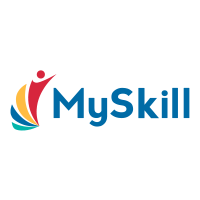
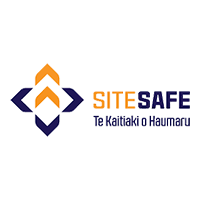

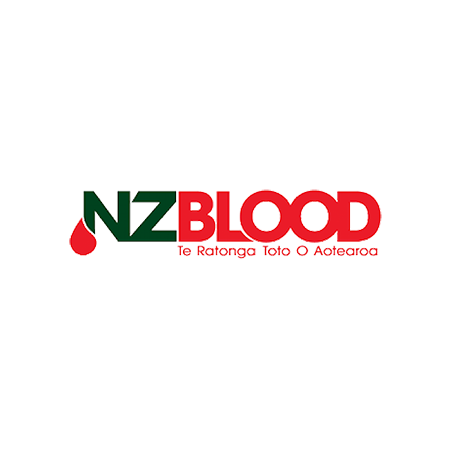
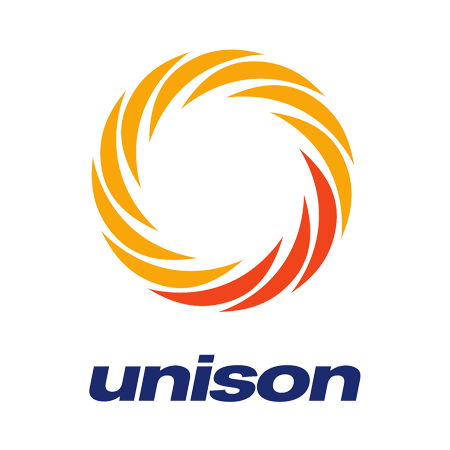



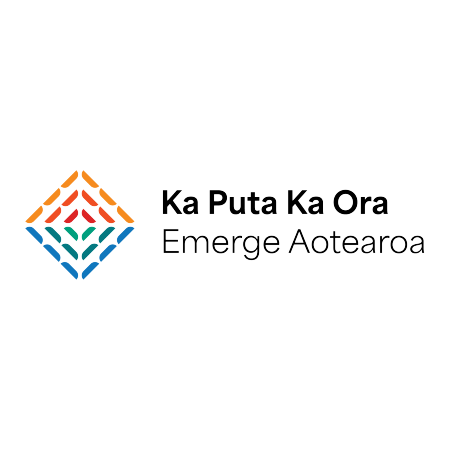


Tailored assessment methods aligned precisely with your training objectives.
Detailed analytics to clearly demonstrate training impact and identify opportunities for improvement.
Diverse evaluation approaches, including surveys, interviews, performance assessments, and learning analytics.
If you’re curious to see how our learning solutions have made a tangible impact, explore some of our client success stories. Discover how we’ve partnered with organisations of all sizes, across diverse industries, to help them overcome challenges, achieve their learning and development goals, and drive meaningful change.
At Like-Minded, we specialise in training evaluation strategies that provide clear, measurable insights into the effectiveness of your employee training initiatives. Our structured evaluation approach helps you demonstrate value, improve programme effectiveness, and enhance employee performance.
Our evaluation process begins by understanding your specific training goals and organisational priorities. We then develop customised evaluation methods—whether your focus is on skill improvement, compliance adherence, leadership development, or overall productivity.
Our comprehensive training evaluation tools include surveys, in-depth interviews, performance assessments, learning analytics, and benchmarking methods, providing clear and actionable data. Whether your team is based in Auckland, Wellington, Christchurch, or operating remotely across New Zealand, our flexible evaluation solutions deliver consistent, meaningful insights.
We leverage both qualitative and quantitative approaches to provide a complete view of training effectiveness. Our robust analytics measure course completion, learner engagement, knowledge retention, behavioural change, and direct performance improvements, empowering informed decision-making for future training investments.
Partner with Like-Minded to gain powerful insights, validate training effectiveness, and optimise your employee development initiatives.
A customised audit that provides you with a clear, concise evaluation of your status when it comes to learning and development.
Training evaluation clearly demonstrates training effectiveness, provides measurable insights, and ensures your learning strategies align with organisational goals, enabling continual improvement.
We use diverse methods including surveys, interviews, performance assessments, learning analytics, and benchmarking to provide comprehensive and actionable insights.
Absolutely. We develop customised evaluation strategies tailored precisely to your training objectives, organisational goals, and industry requirements.
We measure effectiveness through clear metrics such as course completion rates, learner engagement, knowledge retention, behavioural changes, and observable improvements in employee performance.
Yes, our flexible evaluation approaches are designed to effectively measure training impact for remote and geographically dispersed teams through accessible online and virtual methods.
Expect clear, actionable insights, validated training effectiveness, improved decision-making capability, and enhanced return on training investment.
Get in touch